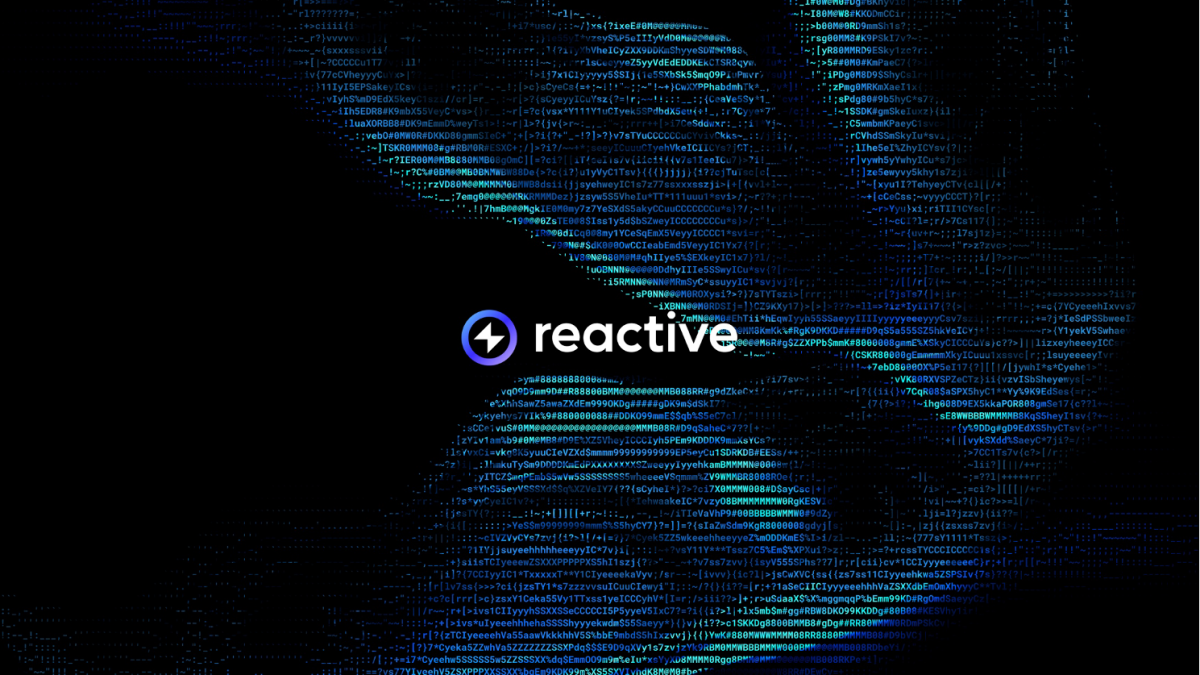Blockchain technology, which powers cryptocurrencies like Ether (ETH), is becoming increasingly popular and is used for various applications beyond digital currencies. However, managing these systems, ensuring they comply with regulations and keeping them secure can be challenging.
The team at PARSIQ, a blockchain data startup, has recently introduced a new technology called Reactive Smart Contracts (RSCs) that can help with these issues. RSCs are designed to enhance blockchain operations’ efficiency, security and compliance by automating many processes that traditionally require manual intervention.
According to Daniil Romazanov, CTO of PARSIQ, “Reactive Smart Contracts represent a significant leap forward in blockchain technology, enabling seamless automation and enhancing security across multiple blockchain networks.”
What Are Smart Contracts?
A smart contract is a self-executing agreement written in code that automatically enforces and executes the terms of a contract when certain conditions are met. Think of it as a digital vending machine: you insert money, select your item and the machine automatically delivers it without any human intervention.
Traditional smart contracts operate on a single blockchain, like Ethereum, and rely on users to initiate actions. They are used in various applications, such as automating payments, creating decentralised applications (dApps) and managing digital assets.
Reactive Smart Contracts — an integral part of Reactive Network — are an advanced type of smart contract introduced by the PARSIQ development team. Unlike traditional smart contracts requiring user-initiated actions, RSCs can react automatically to events and data from multiple blockchains. This capability allows RSCs to perform actions across different blockchain networks in real-time.
The technology behind Reactive Network includes a specialised execution layer called ReactVM, which supports parallel processing of transactions. This setup makes executing complex operations, such as automated governance and compliance checks, faster and more cost-effective.
Automated Governance: Enhancing Efficiency and Security
Imagine that each vending machine in a city is governed by a committee that votes on what products should be available. Traditionally, after a vote, an administrator must visit each machine to update its inventory. This process can be slow, prone to errors and insecure if the administrator’s credentials are compromised.
With RSCs, the ‘vending machines’ can automatically update their inventory based on the committee’s votes without requiring an administrator to visit each machine. Here’s how it works:
- Voting Process: The committee members vote on what items should be available in the vending machines. This vote is recorded on the blockchain.
- Automatic Execution: Once the vote reaches the required threshold, the RSC automatically detects this event and triggers the update across all vending machines.
- Real-Time Updates: Each vending machine (operating as a node in the network) receives the update in real-time, adjusting its inventory accordingly.
- Compliance Checks: The RSC also ensures that the updates comply with local regulations, such as not allowing certain products in specific areas. If a non-compliant product is voted in, the RSC will block that update for the relevant machines.
As blockchain projects grow, they often operate on multiple blockchains. Coordinating governance across these different platforms can be challenging. Governance contracts on blockchains like Ethereum and Polygon often work independently, leading to inconsistencies and delays.
RSCs synchronise governance actions across multiple blockchains. They automatically update vote counts and trigger corresponding processes on different chains, ensuring smooth and consistent governance. This reduces delays and discrepancies, improving efficiency and security for multi-chain projects.
RSCs offer several cybersecurity advantages:
- Minimised Human Error: Automating processes reduces the risk of mistakes common with manual operations.
- Decentralised Execution: Removing central control points makes the system less vulnerable to targeted attacks.
- Real-Time Implementation: Immediate execution of decisions narrows the window for potential cyber-attacks.
- Enhanced Data Integrity: Consistent data across chains improves the reliability and trustworthiness of blockchain systems.
Reactive Network’s RSCs represent a significant advancement in blockchain governance and compliance. By automating processes and ensuring consistent data across multiple blockchains, they improve efficiency and strengthen cybersecurity. Adopting automated solutions like RSCs will be crucial for developing secure and reliable decentralised systems as blockchain technology evolves.
From a coding language standpoint, there is no fundamental difference between ordinary smart contracts and Reactive Smart Contracts, as both are written in Solidity. To develop a reactive application, developers will just need to create additional smart contracts that leverage these reactive capabilities.
For those interested in exploring the potential of Reactive Smart Contracts further, Reactive Network offers a bounty programme to encourage innovation and implementation of these technologies.
